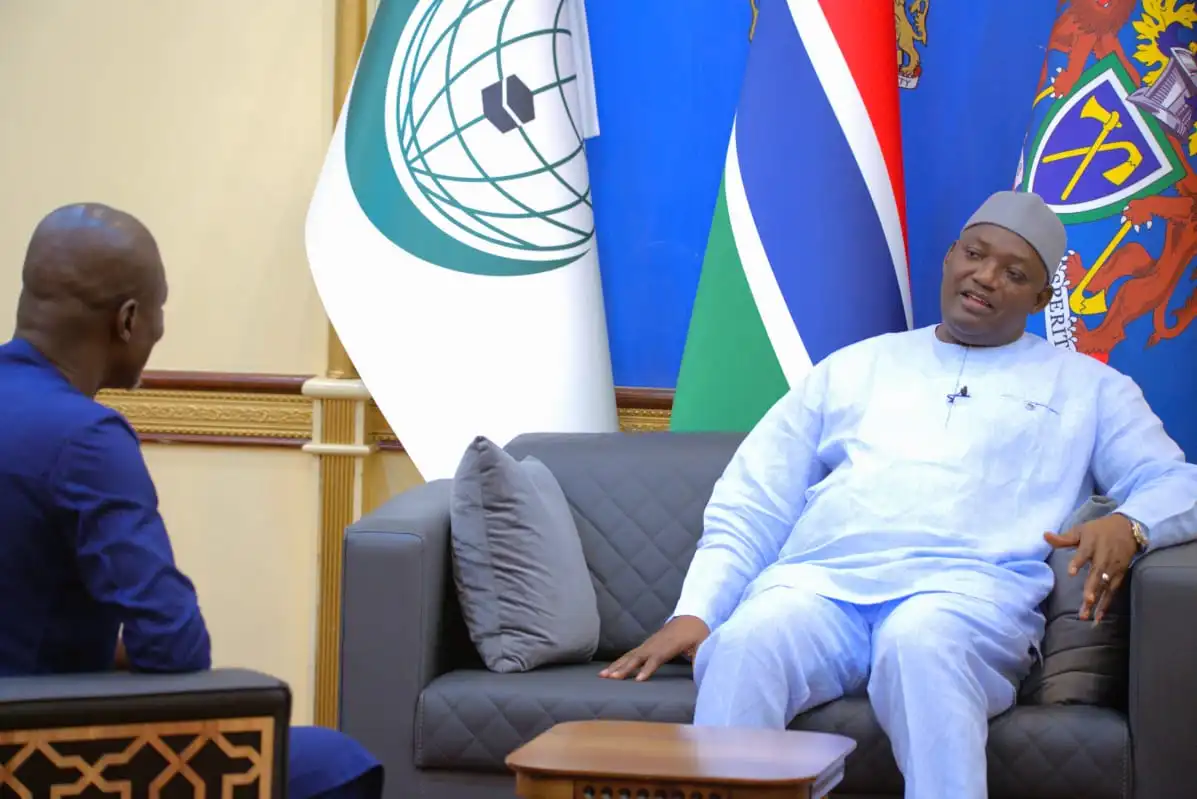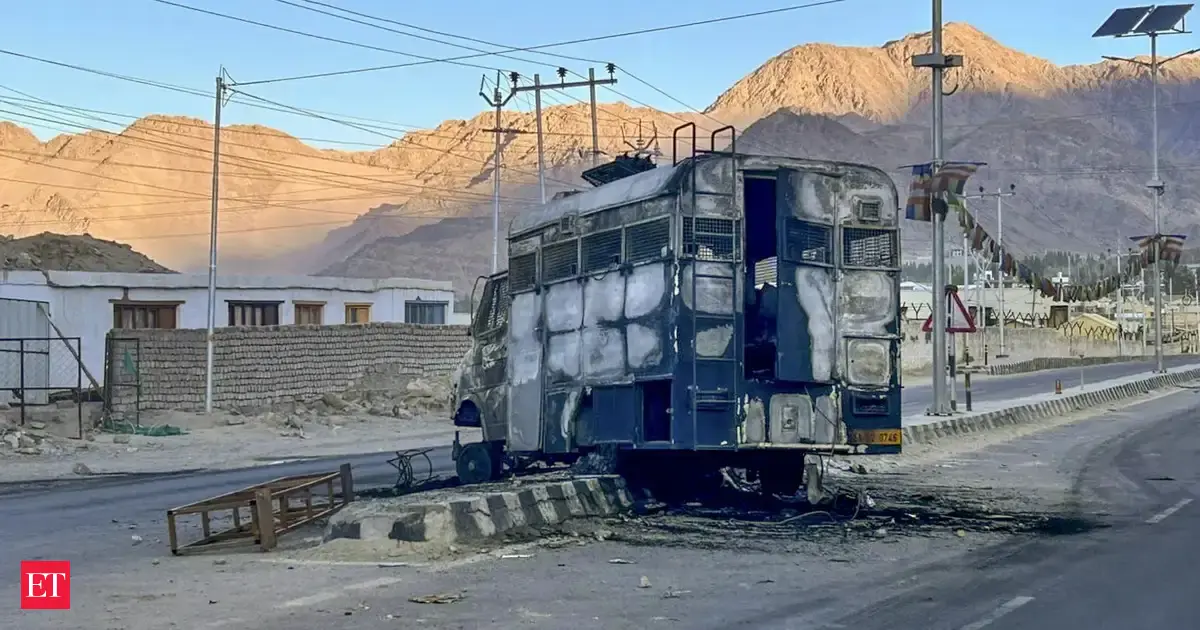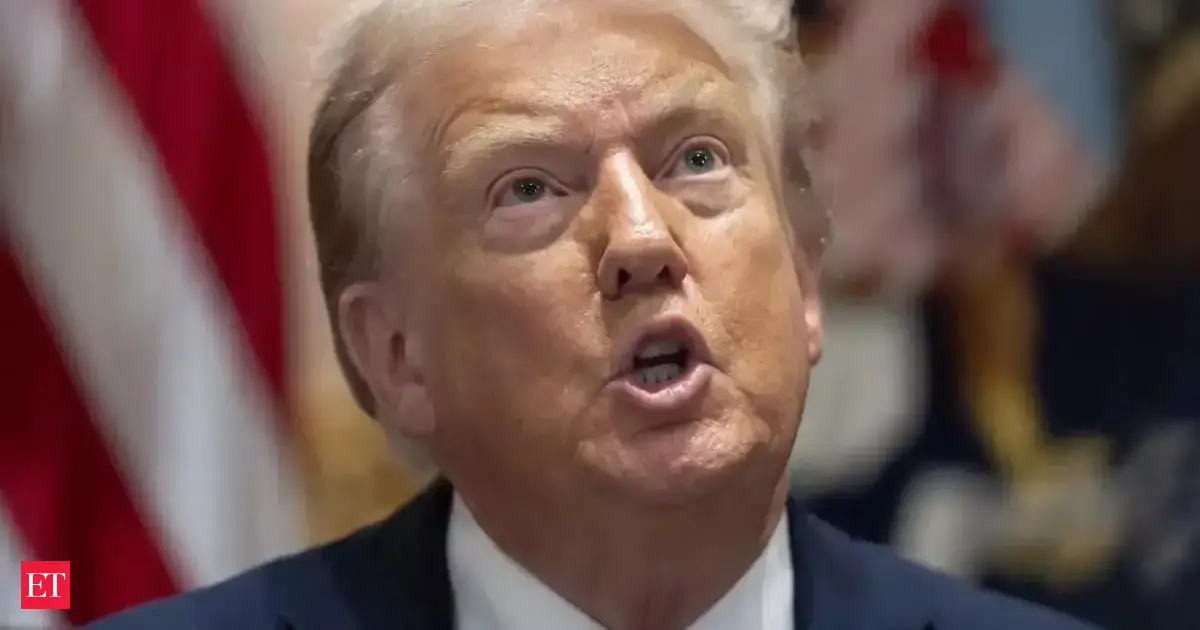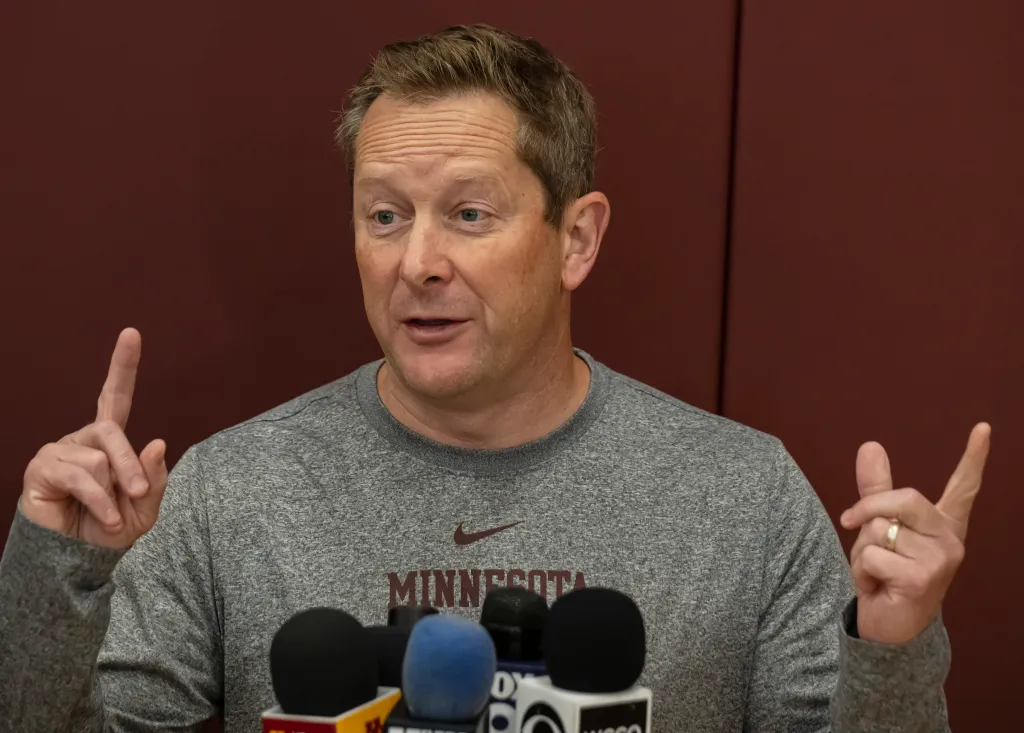By Abubacarr
Copyright standard

Journalist Seedy Ceesay who heads the bureau of the ruling NPP hosts an interview programme Kachaa (In conversation) on the state broadcaster GRTS on Monday evenings. A fortnight ago he sat down with President Adama Barrow for an expansive, widely viewed chat in Mandinka. Here are excerpts:
Seedy Ceesay: People know you as President Barrow, but who is the real Adama Barrow?President Barrow: I am from Upper River Region, Jimara District, Mankamang Kunda village. The village is a tale of two settlements. The village was founded by Mankamang Jawo. One of my uncles Mankamang Barrow was named after him. As was narrated to us, Mankamang Jawo was the sole homestead. My grandfather came from around the Wulis, settled at Sandu Changhal and married a wife. However, clairvoyants told the local ruler that the new settler had kingship in him, thus he grew suspicious of my grandfather and inveigled him to move out. So he crossed the river with his cattle and slaves and sought the permission of Mankamang Jawo to settle in the village. That’s how we came to settled there. Some of his slaves died and were buried there. I didn’t see my grandfather but I saw some of his slaves who outlived him. The village expanded to four compounds – Jawo Kunda, Barrow Kunda, Manneh Kunda and Baldeh Kunda. Later on when the Trans-Gambia Highway was charted, the elders met and reasoned that if they didn’t relocate, others would take up the space to the highway. That’s how they relocated to the present site where I was said to have been born… My father is Mamudou Barrow and my mother Kaddijatou Jallow. She was said to have been born on an eid, on a Friday and thus named Ajumah shortened to Juma. My parents’ marriage was quite interesting. My father was fluent in other languages but refused to speak another language order than Mandinka. He was one of those hardliner Mandinkas who would not speak other people’s language. He used to cross-communicate with my mother. My mother would speak Fula and he would respond in Mandinka. Sometimes my mother would compromise and speak Mandinka. That’s how she became a bit proficient in Mandinka. My father was a nephew of the then Basse chief Jewru Krubally. His mother and Jewru shared a mother. My paternal grandmother was a Sarahule named Nyama Waggeh. She was said to have hailed from an awliyah (saints and spiritual guides who reached high levels of spiritual attainment and closeness to Allah) family and it passed that people would travel to solicit blessings from us while we were young. My father was brought up by his uncle, Jewru from Koba Kunda, Basse and became an aide to him. Jewru founded Hella Kunda and when he was in Jimara he would hold court there. It was fashionable in that era for men to travel on bicycles but my father used to ride a horse adorned with caparisons and intricate bridles like that of a king’s. He was said to having been a dashing man, and he himself was aware of his good looks and often flaunted it. He has not sired a child who surpassed him in looks… He was a hunter in his heydays and when he was set for a hunting expedition, he would stealthily depart through the back way because it was taboo to be seen by a woman in that state. He would then go into the woods and forests all the way into the Casamance. The custom was after the killings, a collection party would be dispatched to retrieve the meat after dawn. And again, upon return, he would enter the compound from the back, remove his hunting apparels before entering the house.
So you spent your childhood in Mankamang Kunda?I did but not for long – approximately ten years. There was no school in the area and so the Catholic mission started a school in the outskirts of Mankamang, purposely to recruit pupils and take them to Basse. Most of the pioneers of that school have passed on. It was said pupils suffered from fainting (mass psychogenic illness) and therefore it was shut down and relocated inside the village. When the pupils are of age, they would be taken to Basse and take up residence inside the mission premises and be given Christian names. I can recollect names like Thomas Jawo, Fergus Baldeh, Leo Guissé, Eric, Abraham Jawo and so forth. In fact, there was a Christian book, Katakisim (Catechism), translated into Fula which the pupils had to learn first thing in the mornings. All the teachers were Christians, like Saviour Tamba and Chilal Jamanka. You have to understand that when Christianity came, it targeted a lot of the heathen Fulas in places like Mansajang, Fulabantang and elsewhere.
I was in the Mankamang preparatory for about four years. I was with Mamma Kandeh in the same class. We came from way back. We played football, wrestled and did everything together. That’s why he once stated in a television interview that no politician knows me better, vice versa.
Parents in the neighbouring villages were not keen on enrolling their children in the school. There was this village, Mansali Kunda, which enrolled a few children, but they would not stay for long. So it was basically only kids from Mankamang Kunda who stayed in the school. Mamma Kandeh was not an indigene, but his uncle was a resident of the village.
We got notoriety for not doing hard farm work and were labelled as ‘toubabs’. As the school was not going places, it was decided to close it down and we were all taken to Basse, circa 1976, to St George’s. We went there as a group and became known as The Mankamang Kunda Boys and became renowned for our stubbornness… At time you had teachers like Francis Baldeh, Jacob Jawo and Francis Jallow. I was then ten, and that means I was in the care of others from then on. I was first entrusted to the care of our neighbour from Mankamang Kunda who was married in Mansajang. Her husband was the night watchman at the Commissioner’s Office. He was a very stern man, and whenever dinner was not ready on time, he would depart for work and we would have to take his dinner to his workplace. The distance was long and it was dark. So you’d have to walk in the middle of the path and bristle at the slightest rustle in the grass out of fear. And then you would have to wait until he ate and take the bowl back.
I stayed at St George’s till class three when I had a long festering wound on my leg. I had many wounds, as you know, as a child you climb trees and all that. I was going to the hospital but it wasn’t getting better so I had to return to the village and it took two months to heal. When I returned to school at Basse, Jacob Baldeh who was my class teacher and the head teacher said he would not allow me back because I was absent without permission and expelled me despite my father’s entreaties. But he whom Allah wants to help would surmount any difficulty. The regional education officer at that time was ML Drammeh. He once visited Mankamang en route to Sare Njobo but he was at a loss. He was given directions and asked me to take him there. I entered his vehicle, took him there and waited for him to sort out his business. So now facing this problem, I told my father I knew the regional education officer. We went to him and explained our predicament. He was livid. He drove us in his car to Jacob’s office and instructed him to accept me as my reason for missing school was genuine. There was a brief exchange and he gave him a week to justify his decision. We left and on the way he said instead we should go to the government school at Koba Kunda. The headmaster was AO Faal who was married to ‘Nee Sarjo’, the mother of Haruna Farage, my form mate. I remember his deputy was Bakary Dampha from Bansang, a fervent pan-Africanist. He explained the matter to him and asked him to put me in class three. Faal summoned the class teacher, Mariama Camara, a stunningly beautiful woman, and asked her to process and register me. Drammeh then drove me to the regional office and supplied me with all the books and accessories I needed and told me I should seek him out when I gain promotion to any class. He encouraged me and gave me invaluable help.
It was past mid-term and I had only about a month or two of tutorial and we had to sit for the examination to progress to class four. I had a very lucid mind then and I was the best in mathematics in the school. Barely two weeks after joining her class, Ms Camara recognised me and started giving me study classes at her house in Kabakangma gratis. In her class, I was sharing desk with Ebrima Bah “Burra”. He used to top the class. I came out 6th. It was a big surprise to everyone and Ms Camara became my friend. That’s how I came to be a pupil at Koba Kunda while the rest of my mates from Mankamang continued at St George’s.
It happened that my guardian and his watchman husband were beset with some challenges and my father decided to transfer me to the home of my uncle Kebba Krubally who was the Member of the House of Representative. He was away at Kossemar where he was engaged in groundnut trade when I was taken to his home. His wives were not keen on taking me in without getting the nod from Kebba. But my father matter-of-factly told them when he returned they should tell him that I am the son of Mamudou Barrow who piggybacked him as a toddler and that I was going to stay there and go to school. And he left. The elders of yesteryears held each other in esteem. I was put in the room of Kebba’s son Sulay.
Kebba used to drive a Peugeot 404 which was in vogue then. When he returns from his trip the whole family parades before him. When he saw me he enquired and was told I was Mamudou Barrow’s son and they relayed the message to him. He did not add a word. I stayed there until class six.
But going back a little, class five was a watershed year for my educational career and personal life. I met a teacher called Musa K Jallow. He was a renowned teacher and many parents entrusted their children to him for instruction. He was a maths buff and owing to my stellar performance in the subject, within the first week he took a shine to me and told me he wanted me to be at his house every day after school. He would tutor me and in return I’d run errands for him like a personal assistant.
So you were a ruly pupil and a disciplined young person?Yes. And my relationship was not just with Musa Jallow. There was Mustapha Secka, a Qur’anic teacher who doubled as a tailor. I was responsible for delivering both his lunch and dinner. Our relationship developed to the extent he initiated me in tailoring and I ended doing the upturns (cuffs) of the bottom of trousers he sewed. He appreciated me to the extent that he promised to gift me a wife.
Coming back to the headmaster, he doted on me like a son. When I sat for the Common Entrance Examination, I failed to get the cut-off mark [for high school]. He told my father I should repeat the class but I told my father I won’t repeat the class in Basse and that I wanted to go to a secondary school in the Kombos.
Why?I had been in Basse for long and I had grown weary of the environment and wanted to move on. Luckily I had my father’s ear because he adored me and believed in me.
Are you his eldest son?No. I have older brothers who could have fathered me. When we scrutinised the records, our eldest brother who lives at home now, had a voter’s card in 1962. If at that time one qualified as a voter at the age of 21, do the arithmetic and see how old he is now! I have about six older siblings and I was the only one to be enrolled in an English school. The rest studied the Qur’an. The eldest brother and one of his younger brothers, Jewru, now deceased, studied in Julangel. My other brother Morro Barrow studied at Pakau Bantanjang in the Casamance. When I came of age, my father reasoned that there needed to be diversity and he wanted me to enter a Western school. Others opposed it but he stood firm and his decision held sway because he was the patriarch.
Past his days as a hunter, he took up trading and would buy goods like mangoes, kabaa (Saba senegalensis) and bottles from upcountry, and bring perm kernel oil from Guinea Bissau and would take goods from the Kombos like the big size mangoes (Keitt, Jurr and Tandugu) which were not available there. At that time, we had Sierra Leone mangoes and colanuts that look like rubber vine fruits and white cassava, now rare. He would buy wholesale and sell to retailers. So he was quite familiar with here and would stay at the residence of Alhaji Musa Njie whose uncle was married to my aunt.
So you didn’t repeat class 6 in Basse?No I didn’t and my father agreed for me to go to Kombo. He brought me down and we went to Crab Island Secondary School. It was in 1981. Kekoto Maane was the head. He was a strict person. He told my dad that although I passed he could not enrol me because a new policy was in place that any pupil who sat for the Common Entrance, passes but falls short of the high school cut off mark should go to the secondary school in his region. My father was perturbed. But as luck would have it, as we were leaving, we met with Sorrie Ceesay, a nephew of my dad who hailed from Koro Jula Kunda. He was a senior master and mathematics teacher. After my father briefed him of the goings-on, Sorrie went to Kekoto and told him my dad was his uncle and they have to enrol me. So I was processed, my father settled the bills. I was at Crab Island for four years and sat for the examination secondary fourth exam which would have enabled me to proceed to high school. But by that time I realised my father was ageing and needed support. I was very ambitious and before the results were released I decided to join the army in 1984/85.
Why did you decide to join the army?Simply to help my parents. I discussed with one of my friends, now deceased, Modou Badjie and we went for the selection. At that time a British officer, Major Allen, was in charge of selection. He used to work with Captain Musa Baldeh. On selection day the aspiring recruits would queue by the barrack gate. And he would first ask for degree holders, then GCE advanced, and ordinary level certificate holders and so on. Then you’d be given forms.
However, upon returning home, I reflected that I should have informed my guardian Pa Alhaji Musa Njie about my decision. But he retorted that he was deeply disappointed and that I should have chosen the path of business and prosperity instead of soldiering and that I should not limit myself. He told me to return in the morning and that his administrative manager, Mr McCarthy, would accompany me to seek for admission at Gambia High School or Muslim High School. Muslim High School made the first offer and I enrolled there and forgot about joining the army.
I was at Muslim from 1985 to 1988. Unfortunately, just as I was about to sit for the GCE Ordinary Level exam, my father fell ill and suffered a stroke. He was hospitalised and it affected me greatly. He stayed in the hospital for a long time and was discharged to convalesce at home but eventually succumbed on 15th August 1988 and was laid to rest the following day. It was the biggest trauma of my life. I was very close to him and he loved me dearly. It destabilised me and took a while before I could recover.
I spent 28 days in the village to help with tilling the land. I remember one day my brother Bully who was young then, was so exhausted that he was crying and an old man passing by called out to me saying, ‘you are unreasonable, this boy does not have your strength’. He took the hoe from him and sent him home. I continued to weed the farm. My mother was distraught and observing the iddah. 1988 was a very trying year. I returned after the 28 days to ferret for money to hold the fortieth day charity for my deceased father. I then informed my mother of my intention to travel and sought her blessings. Shortly afterwards, I travelled to Germany in 1988.
I was just an impressionable 23-year-old and dazzled by the cars and big chains that “semesters” would drive and wear. And those from Germany were the showiest. So I decided to go to Germany and had to transit through England. I landed at Gatwick, was given an entry visa as I had to fly from Heathrow, then Lilles in France where I took a train to Strasburg. From there I needed to join a vehicle to Germany. It happened that Nyakassi Touray (now of NPP) came from Italy and my host in France, Lamin Camara, informed me that Nyakassi was willing to pay for the passage and we departed. It happened that he didn’t have a place to go to while I had the address of my cousin Hagi Koïta in Baden-Baden and we went there. Koïta advised us that we needed to file for asylum saying it was a police state and failure to do so will result in imminent arrest. So basically one has to hide until after filing for asylum. He took us to the asylum camp at Karlsruhe. Once you apply for asylum, you are held in a camp and issued an ankunftsnachweis (arrival certificate) to enable you move within a specified area. It was very interesting, In that camp, there are thousands of people but hardly any blacks. It was overwhelmingly white.
To be continued



